This Women’s History Month, we are celebrating trailblazing women working across Minnesota’s food system. From expanding sustainable agriculture practices to founding revolutionary affordable grocery programs, women have served up a powerful challenge to food insecurity in Minnesota.
The movement for food justice would not be where it is today without the resilience, creativity, and ingenuity of women. We’re profiling four of these amazing women breaking ground—some quite literally—across the food system.
Women Leaders in Affordable Grocery Access
Leah Porter
Founder of Twin Cities Mobile Market (now a program of The Food Group) and The Food Group Board Member
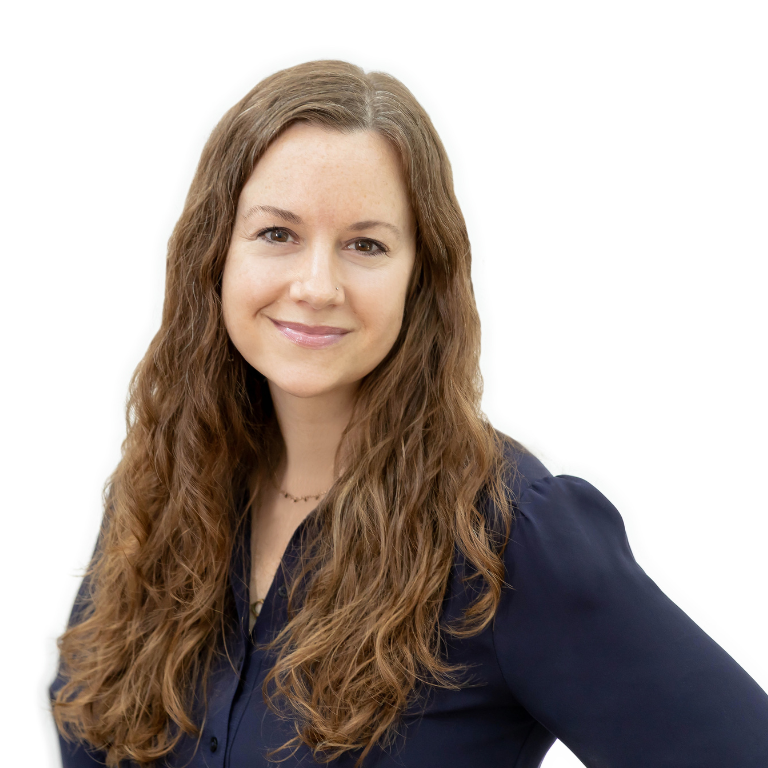
Leah Porter worked in the nonprofit sector for years before founding what is now The Food Group’s Twin Cities Mobile Market. Her work was focused on helping organizations develop new ways to support communities without easy food access.
Food has always been at the center of my life: I grew up on a farm in rural Iowa, and despite growing and producing crops and beef for others, my family had to rely on programs like SNAP (formerly known as food stamps), WIC, the school free-lunch program, and food shelves to help feed our family.
Leah nurtured deep-rooted beliefs about the importance of food access:
Everyone deserves access to food, housing, clean water, safety, and anything else they need not to just survive, but thrive.
Working in the food system, Leah saw firsthand a historical pattern of “disinvestment in… Black, Brown, and Indigenous people.” Then, she heard about the mobile market model in graduate school. Energized by the model’s success in other cities, Leah began researching mobile markets and dreaming about implementing the model in the Twin Cities.
Leah strategized with others in her community, gathering their input on design, location, and inventory. From there, it was time to put gas in the tank and rubber to the road:
I bought a decommissioned Metro Transit bus and found a local retrofitter that helped turn it into a grocery store on wheels… we launched our first mobile market in December 2014, eventually growing to two buses, and have provided access to healthy, affordable food for thousands of people over the past 10 years.
Leah founded the mobile market program at Wilder Foundation before it became a program of The Food Group in 2020. She also serves as one of our board members.
Leah wishes more “people understood how prevalent hunger is – and how it touches so many people, whether we’re aware of it or not.” Leah also emphasized the strength and reciprocity of communities facing food insecurity.
People are incredibly generous – the same folks who were trying to make the most of their dollars were also the first to help their neighbors who were short at the cash register or would offer them items out of their cupboards. We need this sense of community, connectedness, and generosity more now than ever.
Leah believes deeply in the power of women in the food system and offered this encouragement:
The women I know working in the Minnesota food system are extremely collaborative, organized, and all-around fierce…The world needs our voices, so it’s time to get louder than ever, work together more than ever, and most importantly, not give up. We’ve got each other.
Women Leaders in Anti-Hunger
Georgi Nguyen
Keystone Services Director of Basic Needs and The Food Group Board Member
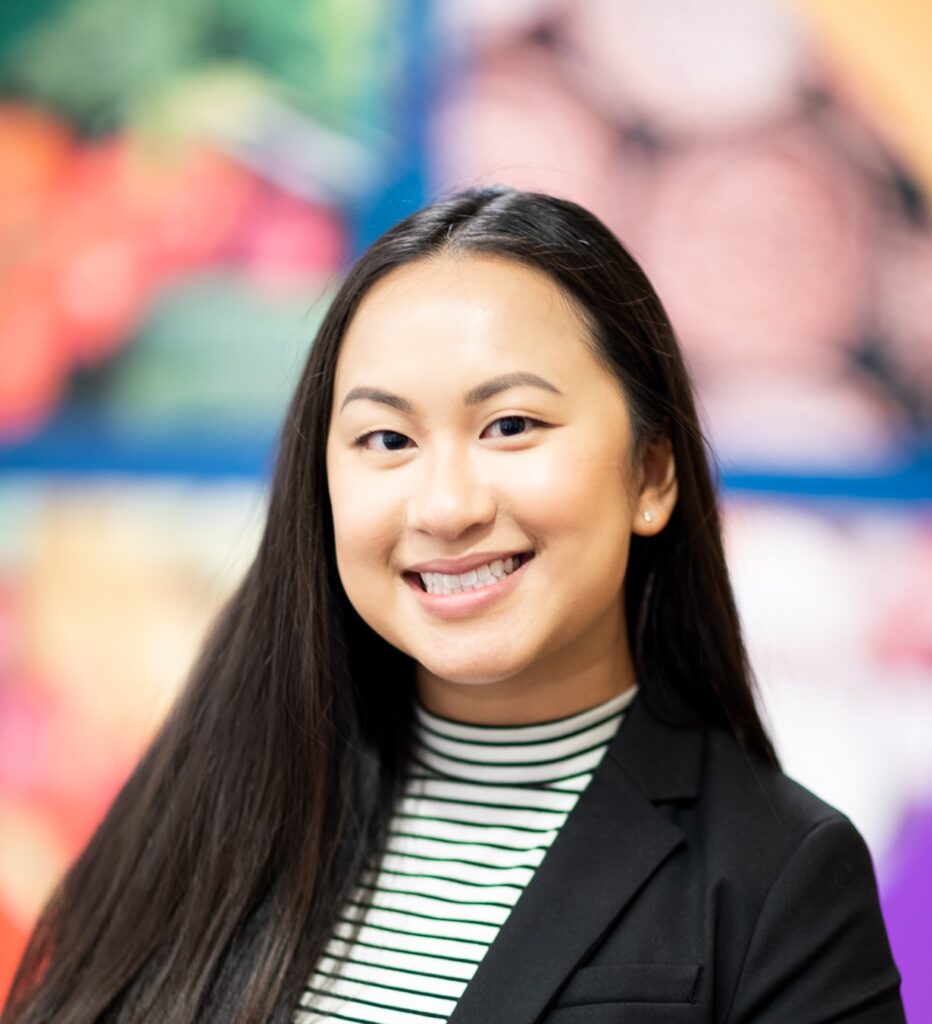
Georgi Nguyen’s path into anti-hunger work began in a seasonal position at Children’s Minnesota, where she helped run their summer food service program. Georgi recalls:
It was eye-opening to witness firsthand the gaps in food access and the desperate need for resources.
After completing her MPH, Georgi joined Neighborhood House in Saint Paul as the Food Support Program Manager, where she fell in love with anti-hunger work and built impactful food programs and services: “It was incredibly rewarding to see how food can be a bridge to a better quality of life and access to critical services.”
Over time, Georgi developed her own food access philosophy:
Food is not just a basic human right—it’s a powerful tool for connection. It transcends cultural, social, and economic divides, and it has the ability to bring people together in ways that other resources can’t.
Today, Georgi serves on The Food Group’s Board of Directors and is Director of Basic Needs at Keystone Community Services, a partner food shelf serving Ramsey County. Georgi ensures Keystone’s many food support programs run smoothly, including their food shelf, grocery delivery service, SNAP outreach, and mobile food shelf. She’s passionate about meeting immediate needs while envisioning longterm solutions to food insecurity.
Zooming out, Georgi said she wishes more people knew about the root causes of food insecurity:
Hunger isn’t just about food—it’s also about systemic issues like poverty, housing instability, and lack of access to healthcare. When we talk about anti-hunger work, it’s important to look at the bigger picture: we need to address the root causes of hunger and support families with comprehensive solutions.
Georgi had the following message for other women in the food system:
Women have always played a pivotal role in shaping the food systems that nourish our communities, and now more than ever, we need that leadership. My advice is to stay passionate and committed, even when the road ahead feels difficult. We are the change-makers, and our voices matter.
Women Leaders in Agriculture
KaZoua Berry
Farmer and The Food Group Farms Director
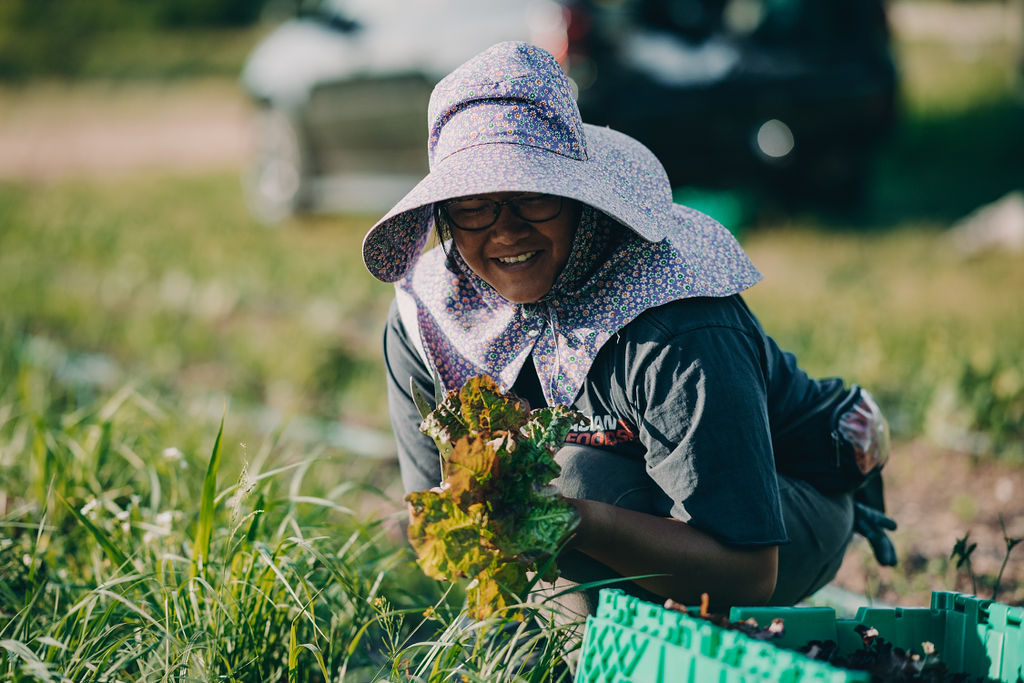
KaZoua Berry came with her family to the United States as a child when the Hmong people in Laos and Thailand were displaced and put in refugee camps after the Secret War in Southeast Asia. Farming is in KaZoua’s blood—her parents farmed all their lives and continued that tradition after immigrating to the US.
Their family eventually moved from California to Wisconsin, where her father worked a factory job, and her mother farmed to supplement their income. KaZoua recalls “wherever we lived, my mom always grew food. And that was foundational for me.”
KaZoua inherited farming practices from her mom, who seemed to inherently know what the land needed. KaZoua shared:
My mom didn’t know science or anything like that. She didn’t understand composting, or they probably didn’t have the terminology for that in Hmong, but she knew that dead materials create life.
KaZoua developed her own skills and became a passionate supporter and mentor to other growers in her community.
My mom did all of those and it was very natural for me to carry on those things too—to just learn those skills on how to make the soil better to grow better foods.
The community gave back to KaZoua too, often sharing extra food or a home-cooked meal.
KaZoua took a market manager position at Frogtown Farm, where she started their first pay-what-you-can market at the top of hill. At the urging of her friends, KaZoua eventually applied to Big River Farms, a program of The Food Group.
I’m going on 5 years and it has been the most incredible journey getting to work with farmers… This work has always been important to me, but being able to work with The Food Group and learning more deeply about how farming is directly impacted and also a throughline for the food system is really important.
A strong proponent of environmental conservation at Big River Farms, KaZoua shared:
My philosophy is resting the land as much as possible… Because without giving back to the land, it’s not going to be able to give back to us.
KaZoua is grateful to her mom and aunt for sharing their wisdom as well as “a vast community of women, powerful women” from whom she draws energy and strength. KaZoua shared a special message for women of color:
We’re expected to always have a positive energy, to be upbeat about life, to smile because if we’re not smiling, then we’re angry… but I want all the women to remember that we are resilient humans, we have very resilient bodies and that, if people step into the space and they feel too overwhelmed, that’s okay, that’s a natural and normal thing.
She also prescribed forgiveness and self-empathy as remedies and shared this reminder:
Know that there is a host of women out there that would be more than happy to share their wisdom, their love, and their food with you.
Women Leaders in Public Service
Kathi Hemken
Former Mayor of New Hope and The Food Group Volunteer
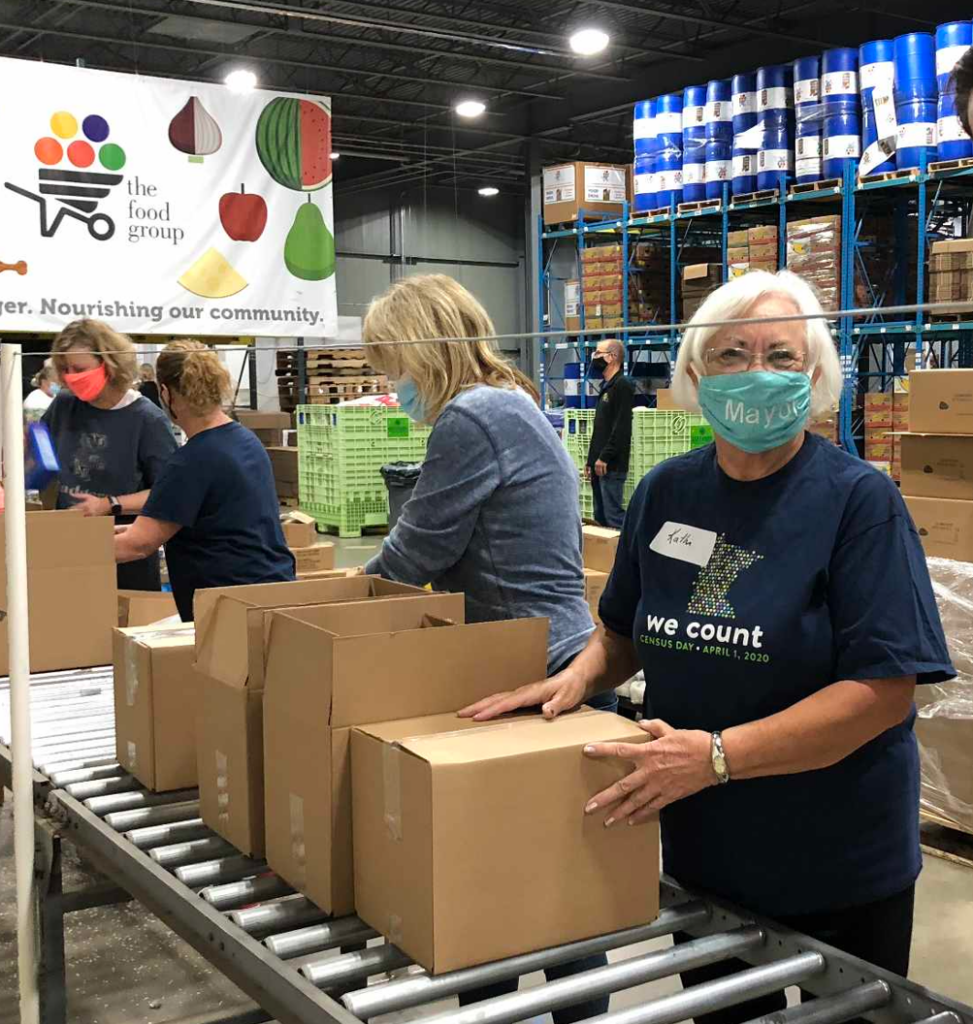
Kathi Hemken was raised in a family that valued volunteer work. Their family would drop off bags of food at the homes of families her parents said just didn’t have enough food that day. As Kathi got more involved in New Hope, she learned that her neighbors were concerned about putting dinner on the table for their families.
Activated, Kathi began to volunteer at schools and senior buildings. Through those opportunities, she learned that hunger spanned generations:
Not only were the kids hungry, so were the grandparents.
Kathi Hemken ran for Mayor of New Hope in 2008, going on to serve four terms. For sixteen years, Kathi committed herself to public service and improving her community. She also leveraged her position to help meet her community’s needs:
Being in the position of Mayor, I knew I could do a lot to ramp up the awareness as well as the volunteers to help and financially support.
Kathi strongly believes “it’s everyone’s job to feed everyone.” As mayor, Kathi packed food for Feed My Starving Children and heled with food packs for grade school kids. She also began helping at local food shelves PRISM and NEAR, knowing that her platform would engage more people as volunteers. Kathi went on to become a regular volunteer at The Food Group. She is still active with The Food Group today, packing food to meet the New Hope community’s needs.
Kathi believes women have always been invested in ending hunger, but she also wants to engage men and high school and college students in anti-hunger work. She remarked:
I think we should appeal to those groups and help them understand just what food insecurities mean. Ask if they have ever worried about where the next meal was coming from—and did you know that just a few dollars from lots of people, helps greatly?
Celebrating Women in the Food System
The Food Group Executive Director, Sophia Lenarz-Coy shared her thoughts on Women’s History Month:
So many women have contributed their creativity, energy, relationships, and resilience to building a more just and equitable food system. I feel honored to stand on the shoulders of the amazing leadership that has come before me.
Women have always been at the heart of Minnesota’s food system, fighting hunger, innovating, and creating change. Today and always, The Food Group honors the immeasurable contributions of women in the anti-hunger movement from production to distribution.
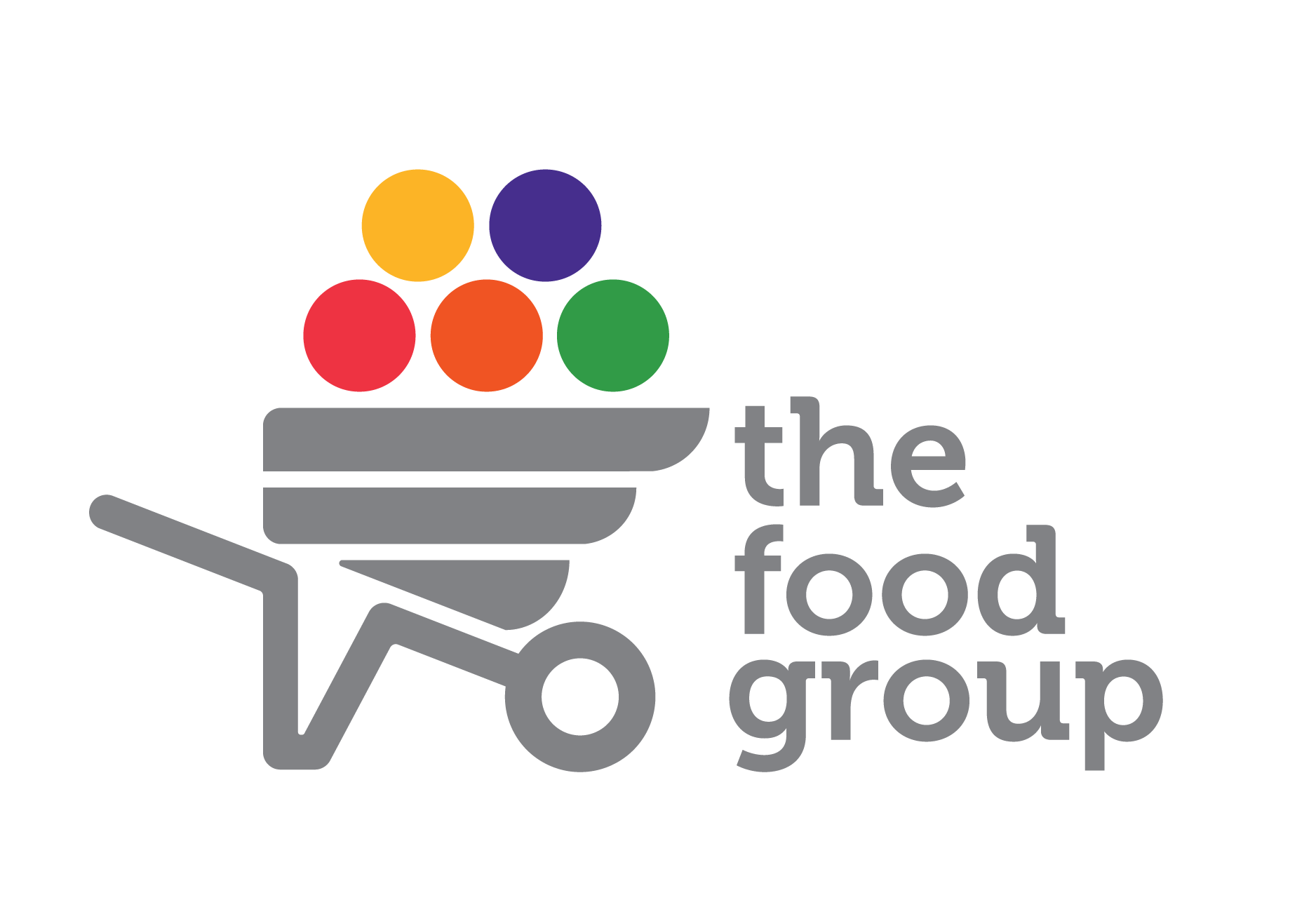


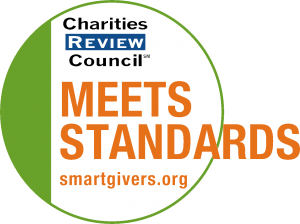
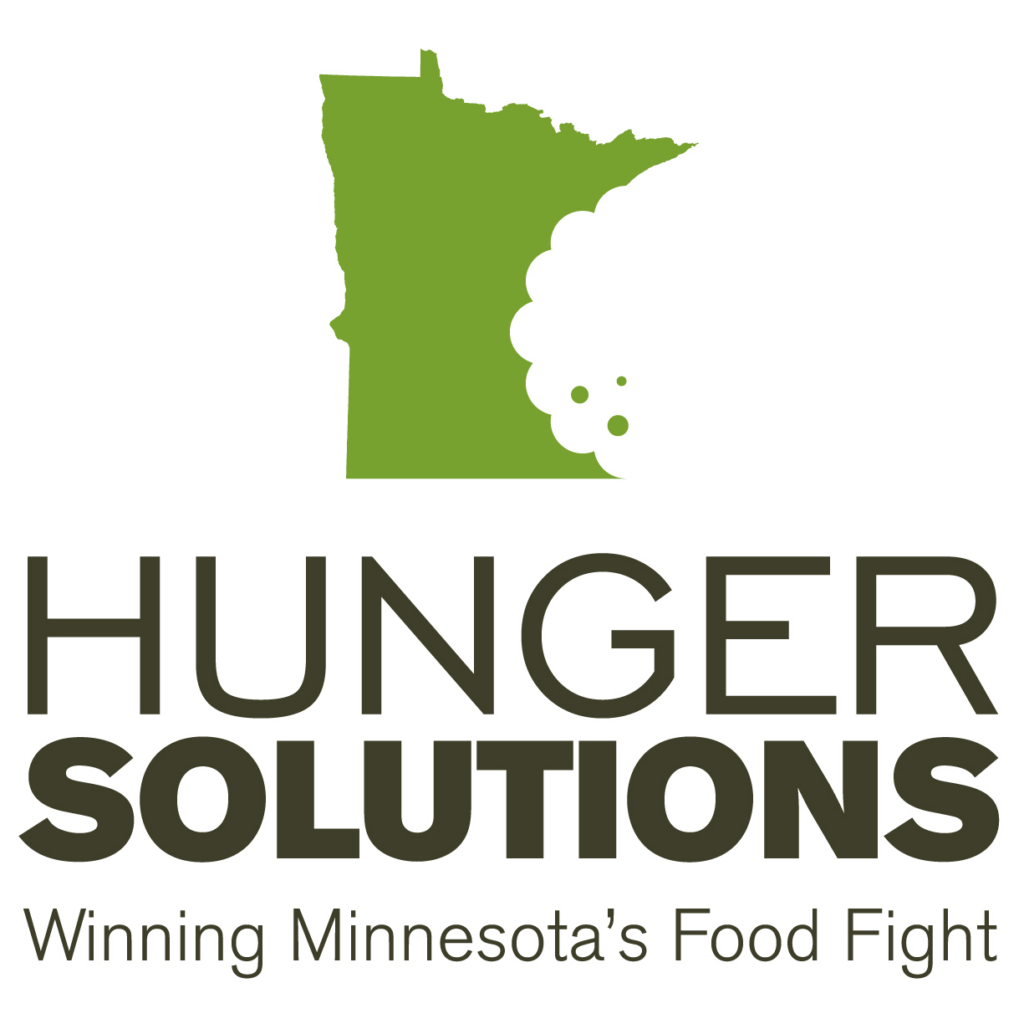
You must be logged in to post a comment.